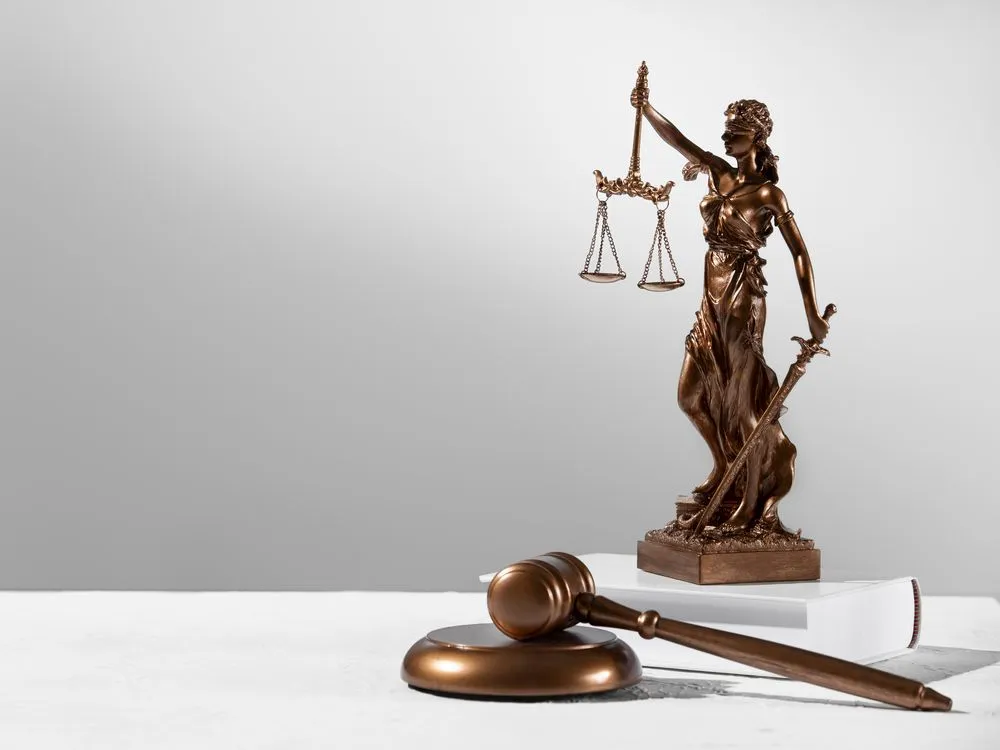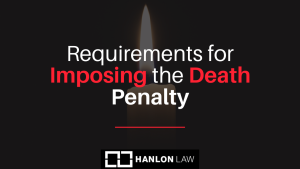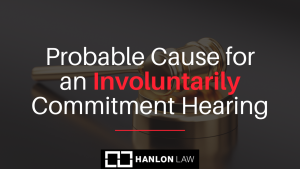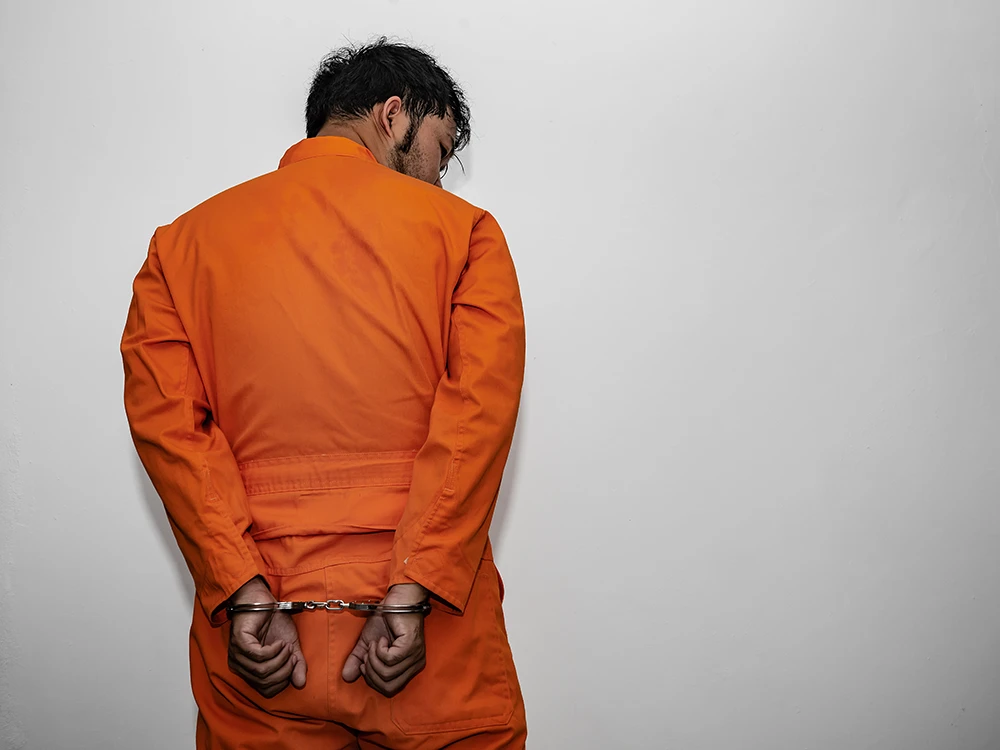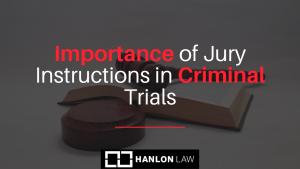
Typically, jurors possess only a vague understanding of what acts constitute a particular crime. Thus, in Florida criminal cases, the court will provide the jury with instructions regarding what factual elements the State must prove in order for the defendant to be found guilty. If a court fails to properly instruct a jury, though, the defendant may be unjustly convicted and may have grounds to seek a reversal of the conviction via an appeal. This was demonstrated in a recent Florida case in which the defendant was charged with burglary, and the court failed to provide the jury with the standard instruction for that offense. If you are accused of burglary or any other theft crime, it is advisable to meet with a knowledgeable Tampa theft crime defense attorney to evaluate what defenses you may be able to assert.
Facts of the Case
It is reported that a woman who was in the process of moving took several trips through her home and out to her car during the day. On one of her trips, she noticed the defendant standing in her kitchen in front of an open drawer that previously had been closed. The defendant stated he needed help and gave a rambling speech that lasted close to an hour, after which he left. The woman called the police, and the defendant was arrested and charged with burglary.
It is alleged that at the trial of the matter, defense counsel requested that the court provide the jury with the standard instruction regarding a burglary. The trial judge declined to do so, however, due to his belief that the instruction did not make sense. The jury returned a guilty verdict, and the defendant appealed, arguing that the trial court erred in failing to provide the jury with the standard instruction.
 Tampa Criminal Lawyer Blog
Tampa Criminal Lawyer Blog











